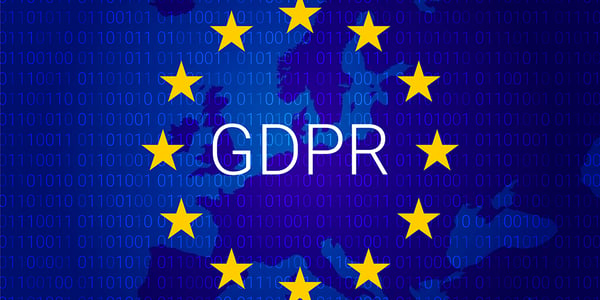
This week's review of ad fraud and privacy in the digital advertising space.

Facebook's parent organization Meta claimed that Apple's privacy changes will result in $10 billion in lost advertising revenue. "Facebook’s admission is the most concrete data point so far on the impact to the advertising industry of Apple’s App Tracking Transparency feature, which reduces targeting capabilities by limiting advertisers from accessing an iPhone user identifier," informs CNBC.

Apple announced that developers could distribute unlisted apps in the App Store, accessible only via direct links. The solution will be particularly useful for "limited audiences," such as event guests, research studies participants, etc. "While unlisted apps aren’t discoverable by the general public through search results, App Store categories, charts, or recommendations, they’re available to administrators via the Apple Business Manager or Apple School Manager," according to The Verge.

The FTC reported that social media users lost $770 million in social media scams only in 2021. "This figure -- which makes up 25% of the year's total fraud losses -- has increased by 18 times (or $728 million) versus 2017. Emerging cryptocurrency and ecommerce technologies have created a plethora of new kinds of scams," according to MediaPost.

Google introduced a new feature in Display & Video 360 allowing advertisers to control the frequency of their ads not only across both YouTube and other CTV apps. "This more user-centric approach lowers your risk of triggering ad fatigue. It can also help you get more bang for your buck. By more evenly distributing CTV ad budgets across viewers, you can get more reach for the same budget," according to Google.

The Belgian Data Protection Authority has decided that Transparency and Consent Framework, a cornerstone for the advertising industry to convey consent in programmatic auctions, is breaching GDPR in its current form. "The DPA alleges that the TCF relies on legitimate interest under GDPR to collect and pass consent-based IDs. This is a problem, because legitimate interest requires that companies processing data must do so in a way that a customer expects," according to AdExchanger.
*By entering your email address and clicking Subscribe, you are agreeing to our Terms of Use and Privacy Policy.
These Stories on Weekly Recaps
*By entering your email address and clicking Subscribe, you are agreeing to our Terms of Use and Privacy Policy.

Disclaimer: The content of this page reflects Pixalate’s opinions with respect to the factors that Pixalate believes can be useful to the digital media industry. Any proprietary data shared is grounded in Pixalate’s proprietary technology and analytics, which Pixalate is continuously evaluating and updating. Any references to outside sources should not be construed as endorsements. Pixalate’s opinions are just that - opinion, not facts or guarantees.
Per the MRC, “'Fraud' is not intended to represent fraud as defined in various laws, statutes and ordinances or as conventionally used in U.S. Court or other legal proceedings, but rather a custom definition strictly for advertising measurement purposes. Also per the MRC, “‘Invalid Traffic’ is defined generally as traffic that does not meet certain ad serving quality or completeness criteria, or otherwise does not represent legitimate ad traffic that should be included in measurement counts. Among the reasons why ad traffic may be deemed invalid is it is a result of non-human traffic (spiders, bots, etc.), or activity designed to produce fraudulent traffic.”

